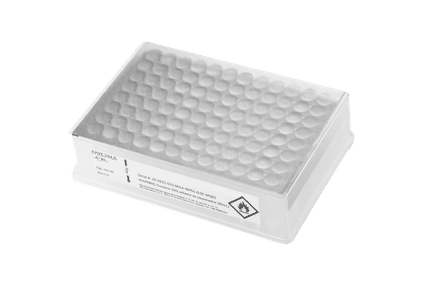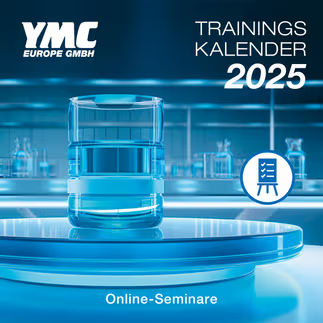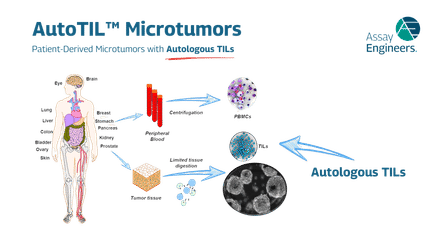To use all functions of this page, please activate cookies in your browser.
my.bionity.com
With an accout for my.bionity.com you can always see everything at a glance – and you can configure your own website and individual newsletter.
- My watch list
- My saved searches
- My saved topics
- My newsletter
American Board of Disaster MedicineDisaster medicine as a specialty and mindset was not only a reaction from September 11, 2001, but to the numerous subsequent events that seemed to all too quickly follow: random anthrax attacks, the SARS outbreak, the New York City blackout in the summer of 2003, the December 26, 2004 Indonesian tsunami, the Pakistan earthquake of 2005, tumultuous hurricane seasons in 2004 and 2005 (including Hurricane Katrina) and, of course, terrorist attacks throughout the world — all against a backdrop of conflict in Afghanistan and Iraq. Product highlightHistoryAn area of medical specialization is defined by body of unique knowledge and skills required by practitioners in that field. In February of 2003, prior to formation of the AADM and ABODM, the American Association of Physician Specialists (AAPS) commissioned an expert panel to undertake a scholarly review of the literature and survey the recognized experts in disaster management, emergency management, medical contingency planning, emergency medicine, public health, disaster behavioral health and military medicine to determine if such a unique body of knowledge and skills existed. By February of 2004 it was determined that the majority of experts, supported by the available literature, agreed that there is a unique body of core knowledge and skills to define the specialty of Disaster Medicine and a broader body of knowledge needed by all healthcare practitioners responding to a disaster event.
Categories: Medical specialties | Disaster medicine |
| This article is licensed under the GNU Free Documentation License. It uses material from the Wikipedia article "American_Board_of_Disaster_Medicine". A list of authors is available in Wikipedia. |







